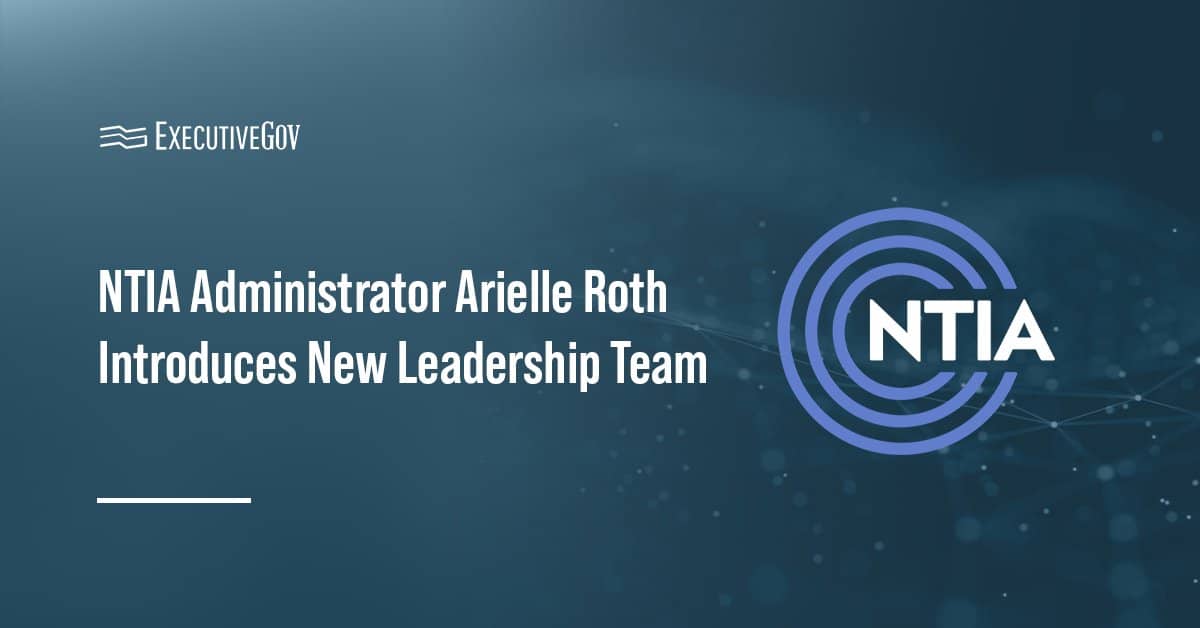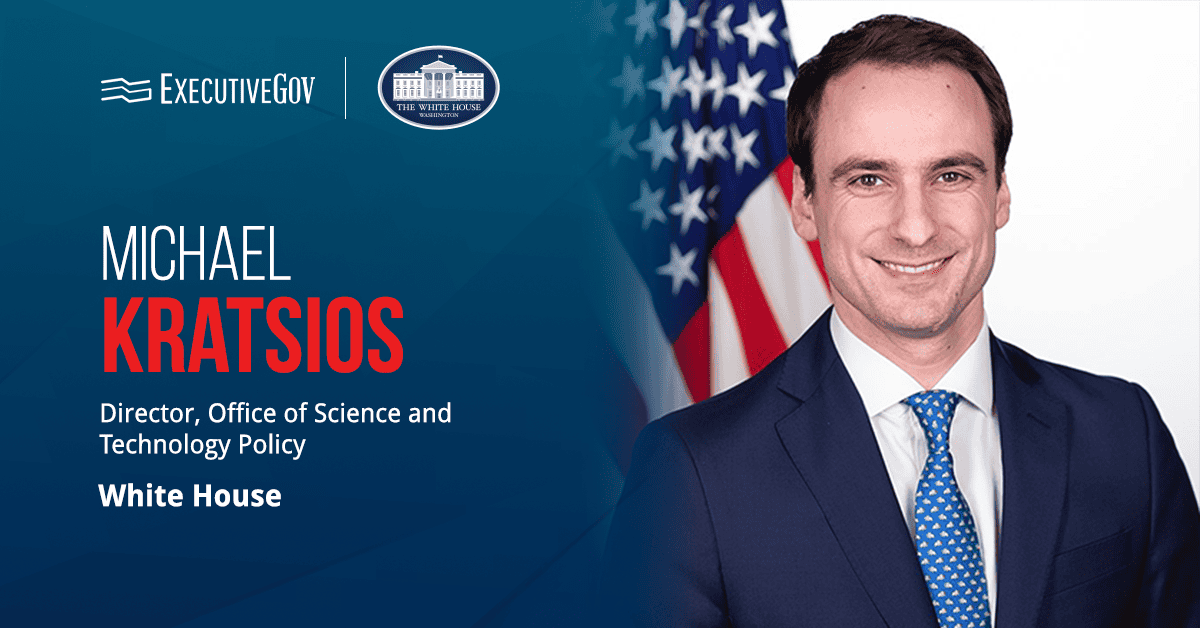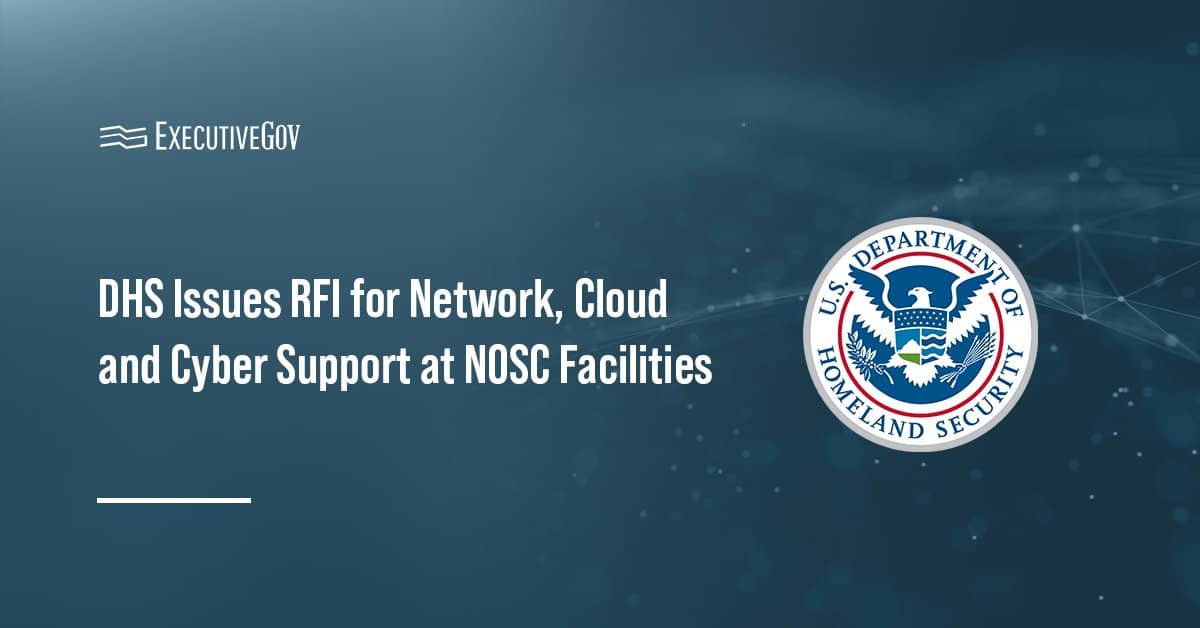 U.S. Customs and Border Protection is providing a facial biometric matching service for Mineta San Jose International Airport or SJC as the station works to fully implement the technology this fall.
U.S. Customs and Border Protection is providing a facial biometric matching service for Mineta San Jose International Airport or SJC as the station works to fully implement the technology this fall.The airport is the first in the West Coast to apply facial biometrics to process international travelers, CBP said Aug. 6.
Facial recognition technology works to streamline, accelerate and boost the security of traveler processing activities.
In 2017, the airport accommodated 438,800 international arrivals, exhibiting significant growth from 2015’s record of 199,900 international arrivals.
SJC aims to use biometrics technology to address challenges that result from the increase of international travels to the U.S.
“CBP is excited to partner with SJC, which serves as another example of what we can achieve by advancing the entry/exit mandate through public-private collaboration,” said CBP Commissioner Kevin McAleenan.





